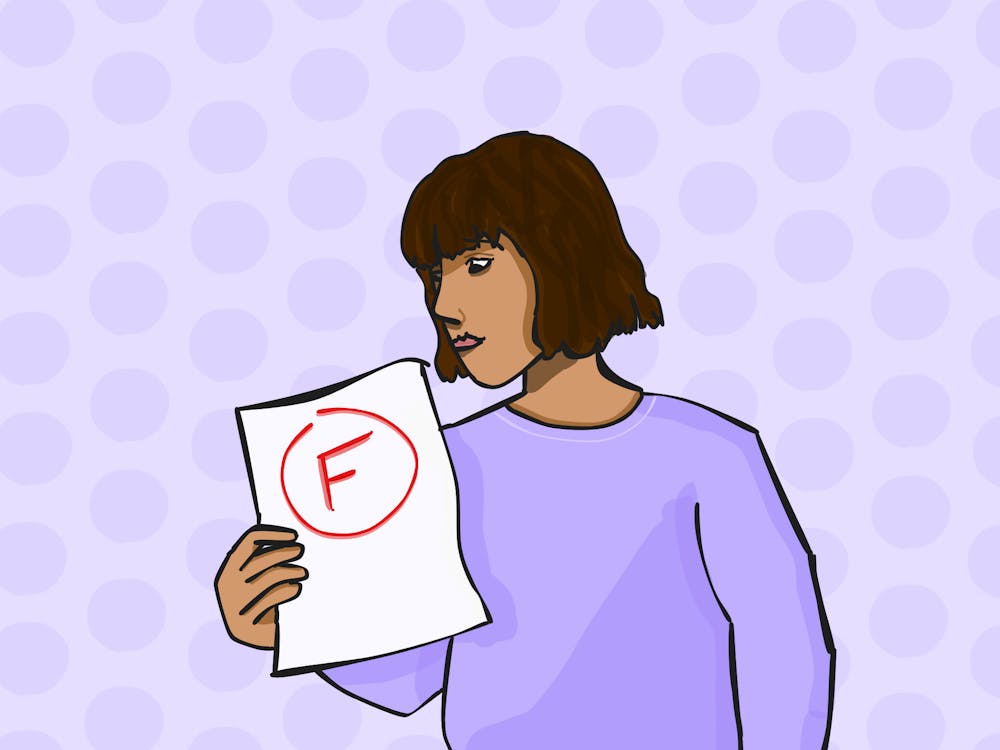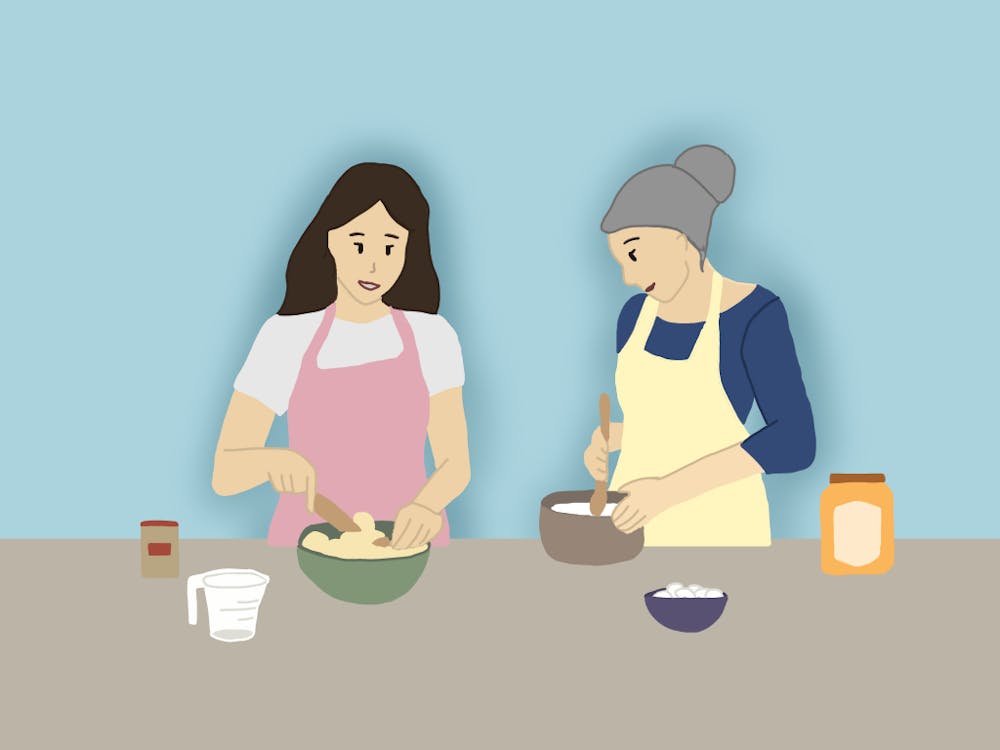She's had her life threatened by the Iranian government countless times. She's suffered the grotesque conditions of a prison run by Islamic extremists. Her family is in danger. Her husband is missing and she constantly is receiving medical treatment for an ongoing battle with cancer.
But Prof. Mehrangiz Kar will not be intimidated. Her lifelong struggle to advance human rights in her home country of Iran is not a daydream but a plan of action.
Kar, who teaches "Obstacles to Democracy in Iran" at the University, holds several titles in a country that typically expects women to assume just one, inferior, role. She has 22 years experience as a lawyer, is the former editor of the banned "Zan" literary review and has published 14 books on various subjects including human rights, democracy and political development.
Her resume boasts awards for her human rights activism; among them the 2002 Ludovic Trarieux Prize.
While her extraordinary accomplishments might warrant great praise, the hard-line conservatives of the politically complicated Iranian government offer little forgiveness for those who dare to speak against their values. Kar is quick to point out that while she favors the separation of Muslim ideals and state affairs, she is faithful to the Islamic religion.
"They were so sensitive with me. They didn't like to see me in their magazines, newspapers. They knew that I was secular, but I am Muslim. More than 10 years ago they started writing against me -- 'We must remove her.' They threatened me to be killed many times, especially at the time of serial murder. I didn't mind. My will was to stay in Iran, not to leave Iran for security," Kar said.
Kar, born in 1944, grew up in a time in which human rights activists "didn't have the opportunity to be organized."
Iran was ruled by a Shah until 1979, when Ayatollah Khomeini took power. Iran's first president was elected in 1980.
Kar recalls that life during the Shah's rule was better in all aspects except political participation -- censorship completely shrouded the voices of the people.
"That is why my generation is very sensitive for the right to criticize the government," Kar explained.
It is this claim to democratic rights that has put Kar at risk of imprisonment and even execution numerous times in her life. In 2000, Kar was arrested upon returning from a conference in Berlin hosted by human rights groups and entitled "Iran after Parliamentary Election and Reform." She had given a lecture that condemned the legal system in Iran, noting, "By this constitution, every door is closed."
For two months Kar was detained in a lonely cell in Evin Prison and subjected to physical and psychological torture. In her "Prisons Revelations," she discusses the insomnia she suffered primarily as a result of the surrounding prisoners expressing their anger by ceaselessly striking tubes against toilet lids. She could escape the putrid stench of her cell for a mere 20 minutes each day, only to be alone again outside.
"On the whole, what happened to me is worth the price paid. It was there that I realized that the women guards have even no can-opener and they have to open the can with a knife that could cut a vessel at any time," she wrote.
Human rights groups lobbied for Kar's release, and she and others who had attended the Berlin conference were freed upon payment of an extremely expensive bail. It was then that Kar was diagnosed with cancer; just two weeks later she endured a physically grueling trial.
"They didn't care about me or the condition of my body," she said. "It was really hard for me."
Kar originally was sentenced to four years in prison for ambiguous violations, including "acting against national security" and "spreading propaganda against the regime of the Islamic Republic," as reported by the Payvand Cultural Center at payvand.com. The sentence was reduced to six months in early 2002, and she since has been allowed to undergo urgent cancer treatment in the United States.
"They also fabricated three other charges against me and sent them to the Press Court. Mr. Mortazavi is the head of that, and he is known for stopping newspapers and arresting people," Kar said.
Upon her arrival in the U.S. with her teenage daughter, Kar learned that her husband, prominent journalist Siamak Pourzand, had disappeared in Iran. About five months later she learned he was being tortured and forced to name the family and friends in the human rights community.
Kar hopes to return to her life back home but those close to her advise against it, citing Kar's personal danger and lack of sufficient cancer treatment in Iran. In the meantime, Kar is teaching at the University again this semester, as well as at Columbia University. She also conducts research at American University with the Convention on the Elimination of all forms of Discrimination Against Women.
When asked what the best moment of her life has been, Kar replied, "When President Khatami was chosen by millions in 1997. We thought we could get something. There was much happiness during that time -- me, my husband, my daughters. Unfortunately, all of us now are victims."
While President Khatami's election brought great happiness to reformists throughout Iran, his success in challenging the Ayatollah and conservative authorities is disputed. Kar maintains that it is the right of the people to question Khatami's inactivity and criticize him for not acting according to his promises of a more democratic society.
"His silence is in question," she said.
Despite the passivity of Khatami, Kar finds solace in the observation that as newspapers have slowly but surely been growing throughout Iran, "we find a new journalist generation" in a country plagued by human rights abuse.
Kar remembers a time when quotes could not be published, and points out that though Khatami has not greatly influenced change in Iran, he has opened newspapers that resemble others closed by conservative officials.
"They arrest people, they torture people, but they cannot keep people from talking," Kar said.
Newspapers are a rare outlet for the Iranian people, as radio and television are under control of the conservative authorities in the government. So while President Khatami expands print journalism, his conservative counterparts easily combat this freedom with a monopoly on other media.
"We have two opinions of media in Iran. The Islamic side says, 'In Islam we don't have democracy, human rights, liberty of expression, political activism.' These are the conservatives -- there are hard-liners and soft-liners. Hard-liners make attacks on activists and organizations. But the reformists say we can have freedom of expression, media, political, social, cultural






